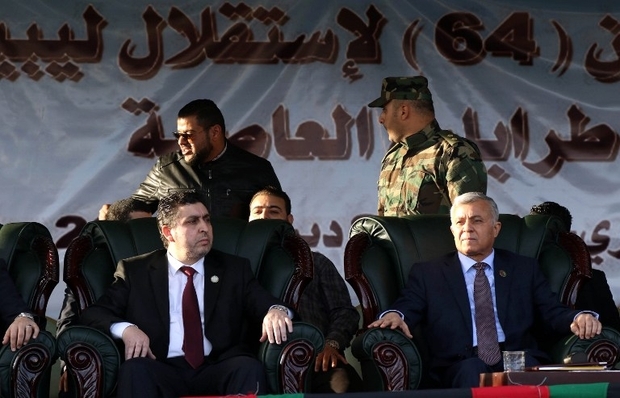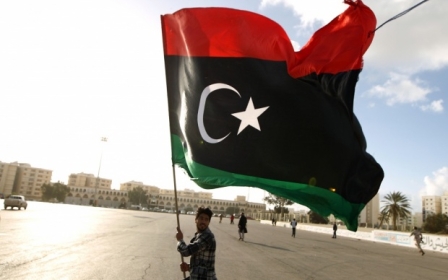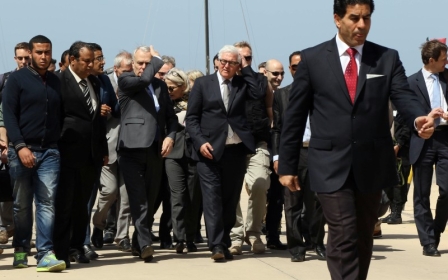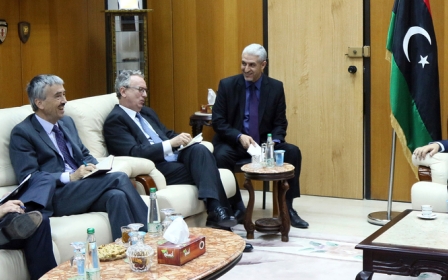US imposes sanctions on chief of Libyan rival government

The United States imposed sanctions on Tuesday on a senior Libyan official and supporters accused of undermining the country's UN-backed peace process.
President Barack Obama authorised the US Treasury to target all enemies of the peace plan and Khalifa Ghweil, who runs the Tripoli administration.
The US decision follows a similar one taken by the European Union to impose costs on Libyans opposing the installation of a new UN-backed unity government.
Ghweil was the only named figure added to the Treasury sanctions list, but Obama's executive order allows US officials to target all opponents of the peace plan.
The order sanctions all those that "threaten the peace, security, or stability of Libya or obstruct or undermine the Libyan Government of National Accord".
The international community sees the Libyan Government of National Accord (GNA) under prime minister-designate Fayez al-Sarraj as the best hope for Libya.
But some of the factions that have seized chunks of the country since Muammar Gaddaffi was ousted and killed in 2011 do not recognise the accord.
Ghweil, who heads a rival authority which has armed supporters and controls much of the capital Tripoli, has not submitted to the new government.
In early April, Ghweil issued a statement calling on ministers not to stand down and threatening to prosecute anyone who cooperated with Sarraj's internationally recognised government.
Ghweil's administration had made several attempts to block Sarraj's arrival, including closing airspace around the capital, and called for him to leave Tripoli or "surrender" to the authorities.
And on Monday the recognised Libyan parliament in Tobruk postponed a vote of confidence in the new UN-backed government because of "major differences."
According to the Treasury, any assets held by Ghweil in areas under US jurisdiction will be frozen.
"Today's action also complements the European Union's designation of Ghweil on April 1, 2016 for undermining the political transition in Libya," it added.
New MEE newsletter: Jerusalem Dispatch
Sign up to get the latest insights and analysis on Israel-Palestine, alongside Turkey Unpacked and other MEE newsletters
Middle East Eye delivers independent and unrivalled coverage and analysis of the Middle East, North Africa and beyond. To learn more about republishing this content and the associated fees, please fill out this form. More about MEE can be found here.




